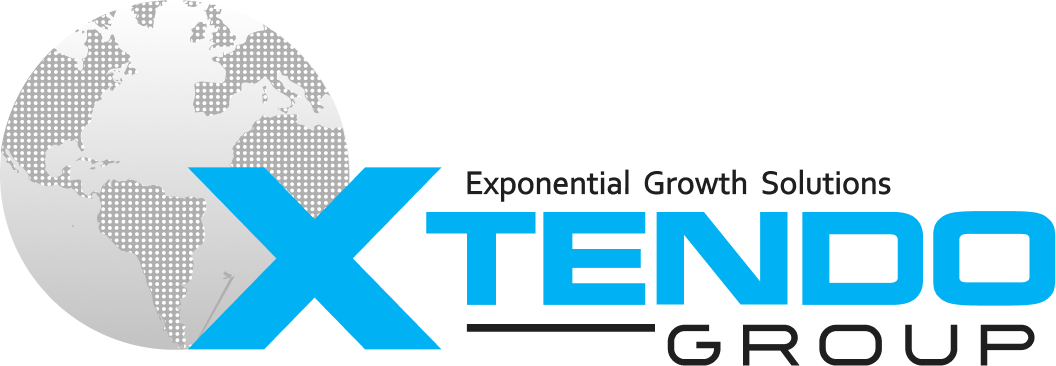June 30, 2021
By Fernando Rodríguez Cabanelas, HR Operations Director at Xtendo Group
The Coronavirus pandemic accelerated processes in labor markets worldwide. Various areas of work had to change the ways of managing and communicating within a department. Empathy plays an important role in the success of the objectives that organizations implement.
Consulting firm McKinsey released a report analyzing the workforce (more than 2,000 activities across 800 professions) in countries such as China, France, Germany, India, Japan, Mexico, Spain, the United Kingdom, and the United States. They based their study on the Occupational Information Network model from MGI (McKinsey Global Institute) to gain a precise view of labor activities after the pandemic.
The study, titled The Future of Work, showed that remote work presents a series of challenges for both companies and employees. Evaluating processes for teams and identifying the best tools for carrying out daily tasks are part of the assessments that must be considered to ensure productive work.
Successful Working Method
It is important to identify which tasks can be completed remotely and which cannot. Managing remote work is not simply sending employees home with a computer to do what they could do in the office.
It is necessary to find functionality so that, with this model, each talent’s daily tasks do not lose productivity. Once identified, the tasks that can be managed from home need to be redefined. In the analysis process, the possibility of outsourcing some tasks may arise. The goal is to manage with the same drive, but in a different way.
When structures are in place, effective work environments can be achieved. It is important to consider the maturity of all stakeholders, ensuring they take on responsibilities with greater commitment and independence.
Remote work after COVID-19 will continue to be implemented in many organizations. McKinsey confirms this in the mentioned report, while companies like Xtendo Group demonstrate its effectiveness, having applied this model and achieved successful results since 2008, twelve years before the pandemic occurred. Ultimately, this indicates that the 100% digital economy is gaining ground and taking over the work patterns of businesses.
The mix of activities will be the new order for organizations. According to McKinsey, after evaluating workers’ capacity to perform physical tasks, it was observed that some physical, manual activities, or those requiring fixed machinery cannot be done remotely.
Jobs that require close proximity and high concentration have been the most affected by the pandemic. Jobs that require physical performance, low automation, and outdoor work, such as those in agriculture, will not face issues after the pandemic. Therefore, understanding the structure of the company is crucial to define new approaches.
Artificial Intelligence (AI) and Automation
Jobs requiring high physical proximity have accelerated the development of AI and automation. According to a survey conducted by McKinsey, of the 800 senior executives interviewed in July 2020, two-thirds reported increasing investment in these areas. Many companies are turning to AI and automation to meet the current high demand in digital media.
The study also revealed that jobs in sectors like warehousing, transportation, and logistics may increase due to the growth of e-commerce.
The executives interviewed for McKinsey’s analysis stated that a large part of future investments will focus on integrating AI and automation into work processes, especially in tasks that demand physical effort. A combination of bots and remote tasks for Customer Service (CX) areas is being considered to assess overall customer satisfaction and determine process efficiency.
Although these changes are irreversible and rapidly growing, it is necessary to invest in professionalizing talents. McKinsey’s positive outlook highlights the role of governments and businesses because, if they facilitate the workforce’s ability to learn new skills, they will have better and better-paying jobs in the years to come.
Companies must invest in ensuring that their workforce doesn’t falter in the face of the great challenges ahead and remain aligned with the new business performance behaviors. This involves focusing on the future to develop new technological skills.
How to Achieve a Productive Workforce
To achieve this goal, leaders must be more empathetic and, therefore, connected to the emotional aspect of their team. This is a vital component in pandemic times, where it is essential to prioritize human values in the company so that each team member feels connected and supported in their daily work, understanding their home realities.
To lead these teams effectively, all leadership skills need to be reinforced, where empathy and motivation are key to achieving set goals. The greater the distance and the less physical proximity, the more conversation will be needed.
The emotional component will be decisive in achieving concrete goals within an organization after the global COVID-19 pandemic. Emphasizing soft skills is important for team leadership management. To build a strong chain, it is essential for work to be approached with greater self-control, commitment, and responsibility.
Companies are seeking workers with skills that align with new paradigms. Connectivity and a shared virtual space are not enough; the values instilled by the leader in the team are also crucial for successful management.

